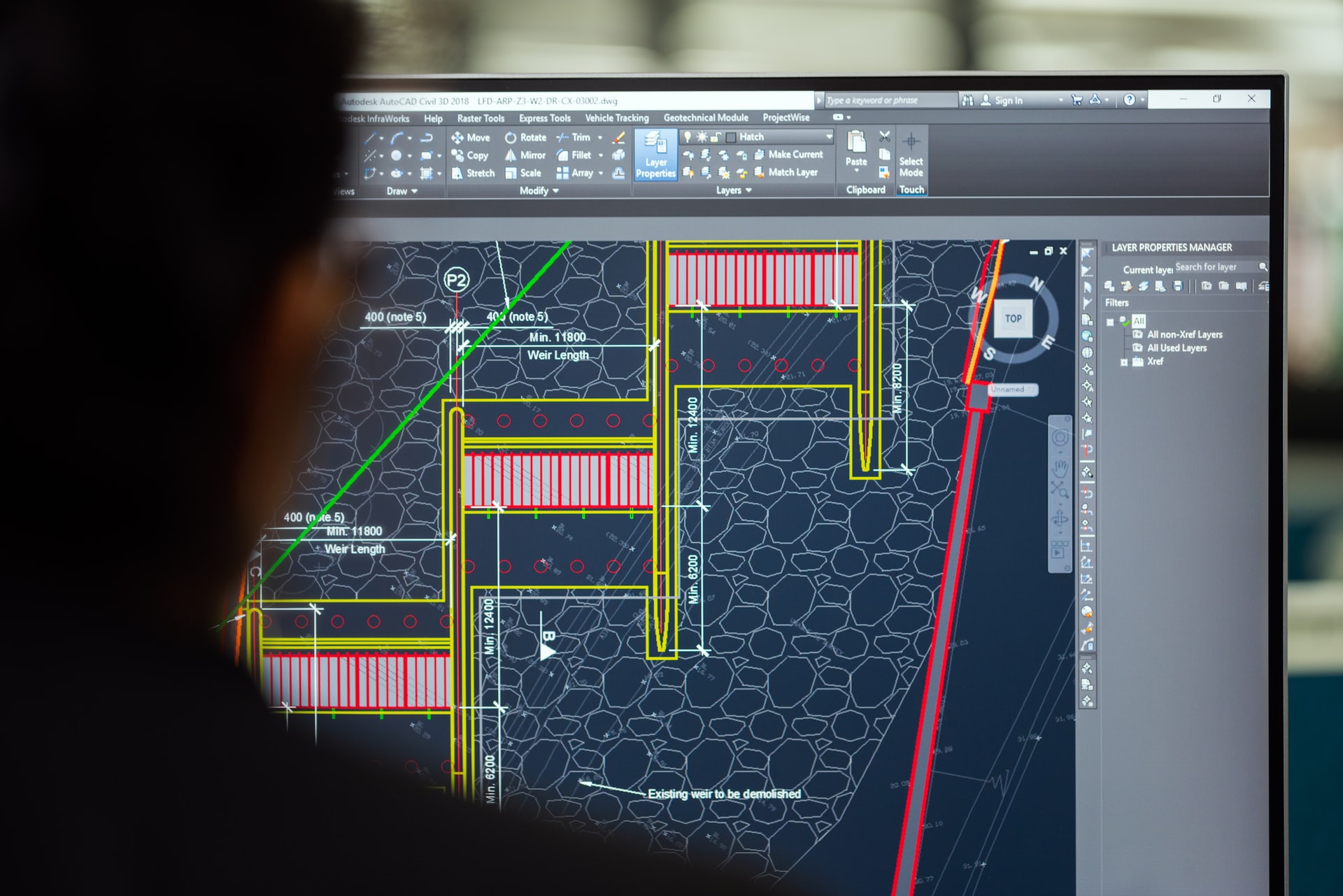In the business world, where time equals money, investing your valuable resources in something that will pay off through increased productivity and efficiency makes sense. The one constant of every successful company is its ability to adapt quickly to changing market conditions. This is where the dispatch system comes in handy. The right dispatch software can support any number of critical functions for your business, including route planning and dispatching, real-time reporting on-field activity, data collection, and analysis.
There are some key factors to consider to ensure you get the best software for your needs.
On-site Or Cloud-Based Dispatching
Do you need high availability, 24/7 operations, or will on-site dispatching work just fine for your company? The option you choose will depend on how vital instant access is in your business model. The right dispatch software can support any number of critical functions for your business, including route planning and dispatching, real-time reporting on-field activity, data collection, and analysis. With a computer-aided dispatch system, you can experience the same high availability and low cost of a cloud-based solution but at your facility. This gives you more control over your data and the hardware supporting it. Moreover, you can also choose between open source and commercial applications. Both have their pros and cons, so consider the strengths of each option before you make a final decision.
Customization And Extensibility
It is also vital that the software has an open architecture that allows third parties to develop customizations. If the platform allows it, finding pre-built modules or extensions for standard functions should be easy. You can take advantage of all this without writing a line of code yourself. This will save you money in development costs and ensure that what you invest in today keeps pace with future technology developments.
Compatibility
Compatibility with your existing business tools can make or break the success of a dispatch solution. Microsoft Windows Communication Foundation (WCF) and Representational State Transfer (REST) are the most common enterprise mobile middleware systems. WCF can connect to almost any old system in existence but also requires additional development. If you work with applications that communicate via HTTP, then REST is probably the best bet. Newer, more modern technologies like AJAX and JSON could also be options in the future.

Payment Options
Dispute billing discrepancies with your provider by choosing a dispatch software solution that includes automated billing and payment processing support. Prepayment or postpaid options will help you avoid disputes related to incorrect invoices. When it comes to billing, the invoice should be emailed right after work is completed, not days later- mainly if an issue arises about what was done/not done during a job. This will save you money and time when working with multiple clients.
The Business Model
What is your business model? The dispatch system you should be looking at should fit into your business model like a hand in glove. For example, suppose you are a service company using multiple vehicles to get the job done. In that case, it makes sense to look for software that offers a real-time mapping system so you can easily track the activity on the roadside or during worksite visits. On the other hand, manufacturing businesses often benefit from off-site dispatching software because of its ability to cut down unnecessary mileage.
The Company Size
Choose a dispatch software that can be implemented across multiple branches, even when the company has hundreds of locations spread over thousands of miles. Adding new employees to the system should be simple, too, without manually inputting data every time someone joins or leaves the team. Most importantly, pick dispatch software that offers support both in-person and remotely. This way, you won’t have any downtime due to unexpected issues with connectivity or damage to the device.
Scope Of Usage
Dispatching is vital for your business, but it can’t stand alone. For a dispatch system to make a difference in your company, all departments must have access to it and use it at least occasionally. The best dispatch systems are designed for real-time data sharing across teams and geographies. In other words, every professional that contributes to the finished product should rely on information from dispatchers as much as possible. This would include production managers who need up-to-date order status, customer service reps who track their assigned drivers’ progress hourly, and employees who staff remote offices.
Of course, dispatch software must also have a good reputation for being user-friendly, accurate, and capable of handling the number of users your business requires. Keep in mind that training may be necessary when you are ready to implement or upgrade your dispatch software. If so, the provider should offer support in this area as well. With these tips, locating the right dispatch system will be simple. Be sure to examine contenders’ features side by side to ensure they meet your needs now and into the future.





